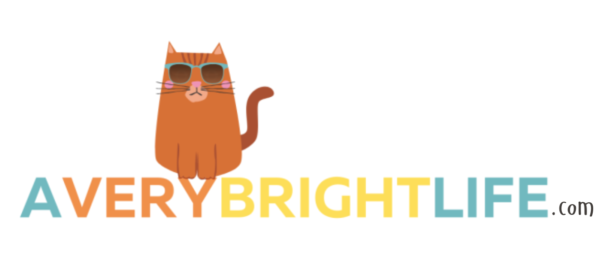|
Getting your Trinity Audio player ready...
|
I’m an inquisitive person. I’m also nosy. I like to know things about people. But, I’m not a jerk about it. I don’t make unwelcome comments about people I don’t know or ask them personal questions. So why do some people feel it’s okay to cross that line when it comes to disabled children? I’ve been asked, “What’s wrong with her?” and “Why does she talk like that?” and other equally rude questions about Avery’s disabilities. I don’t anticipate that will stop any time soon, so we’ve come up with a “script”—a set of rehearsed comebacks for when we feel like responding. We don’t always. But when a question comes out of a place of curiosity, not cruelty, we’ll usually respond in order to possibly move the conversation forward in a positive way. Other times we decide it’s none of their damn business and just walk away. Depends on the day.
Writing a script to have on hand for when people make rude or intrusive comments about my child or TO MY child or to my son about his sibling, became a necessity.
The day a group of kids confronted my son on the school playground to tease him for having an R-word sister, we realized how important it is to arm kids who have a siblings with the words to help thwart such attacks.

And what about the caregivers of children with a disability? Parents like me with soft hearts and thin skin. There was a time when I considered having cards made up to hand to strangers who stared or made unsolicited comments. I thought by having the words written out, I’d be better able to explain without getting emotional.
Since then, my skin has thickened an inch or two and with time and experience I now welcome the opportunity to address people directly, and calmly. Usually. More often than not, people are receptive upon hearing the information when delivered in a respectful manner.
By the way, we don’t owe anyone and explanation or a glimpse into our lives, just because they ask. Choose to respond or not. It’s totally up to you. And this can change depending on the circumstance.
Addressing adults — check. I seem to have that under control. Minus the time when that crusty awful woman shushed us.
My son addressing kids in the school yard — check. He is more than capable of speaking up and speaking out.
So it seems we have it under control. Almost. There’s just the matter of how to deal with rude children. I’m not talking about curious kids. I’m referring to the children, who at even a young age, are intolerant of anyone who doesn’t fit inside their box of normalcy.
Apparently it’s not okay for me to box their ears or call them names, so I needed to find a way to deal with them appropriately and maturely.
I’m the adult. I’m the adult. I AM the adult. Sometimes I need to repeat this a few times so it sinks in.
One afternoon many years ago, as my kids played basketball in our driveway and I sat watching on the front steps, three young girls were riding their bikes up and down the sidewalk in front of our house. Each time they passed Avery would wave and shout, “Hi girls!”
One of the girls who knows Avery well, waved back and smiled warmly. The other two, who go to school with Avery, didn’t wave. Or say hello. They turned their heads away.
Tired of being ignored, Avery eventually stepped onto the sidewalk, preventing their bikes from passing. Avery’s friend chatted with her sweetly while the other two huffed and sighed impatiently.
“How old is she anyway?” one of them asked.
“She’s in grade one.” Avery’s friend told them.
“I don’t think so. She’s a baby. I’ve seen her with the kindergarteners,” the girl replied. “And why does she talk like a baby anyway?” she went on.
The third girl said, “Because she has…PROBLEMS. Come on, let’s go.”
As they rode off, my son who also heard the conversation, put his arm around his sister’s shoulder, planted a kiss on the top of her head and walked her back to the basketball net.
And I just sat there.
Saying nothing.
But feeling everything.
Pride. Sadness. Anger. Embarrassment. Guilt. Because there’s always guilt.
But now I have a script ready for just this occasion.
To the girls, I would say, “It sounds like you have some questions about Avery. What would you like to know?”
Instead of lashing out, I try to start a dialogue.
Instead of assuming these kids are cruel, which isn’t fair, I give them the benefit of the doubt. Once they get to know Avery and see that her differences aren’t scary or weird or catchy (yup, somebody actually asked us that once) they will be more tolerant and understanding of Avery and hopefully of disabled folks in general.
I guess my script isn’t really a script at all. It’s merely an introduction. But I think it’s a good place to start.
Listen to our podcast episode on this topic here: Episode 47 – Sharing Our Script: How To Respond To Unsolicited Comments and Questions






Pingback: How To Authentically Introduce Your Atypical Child To Typical Peers - aVERY Bright Life